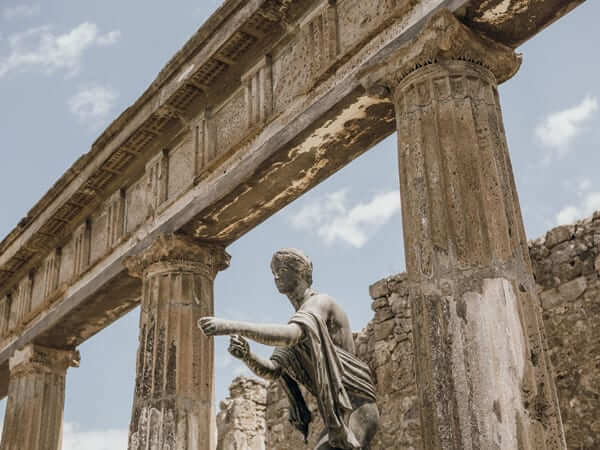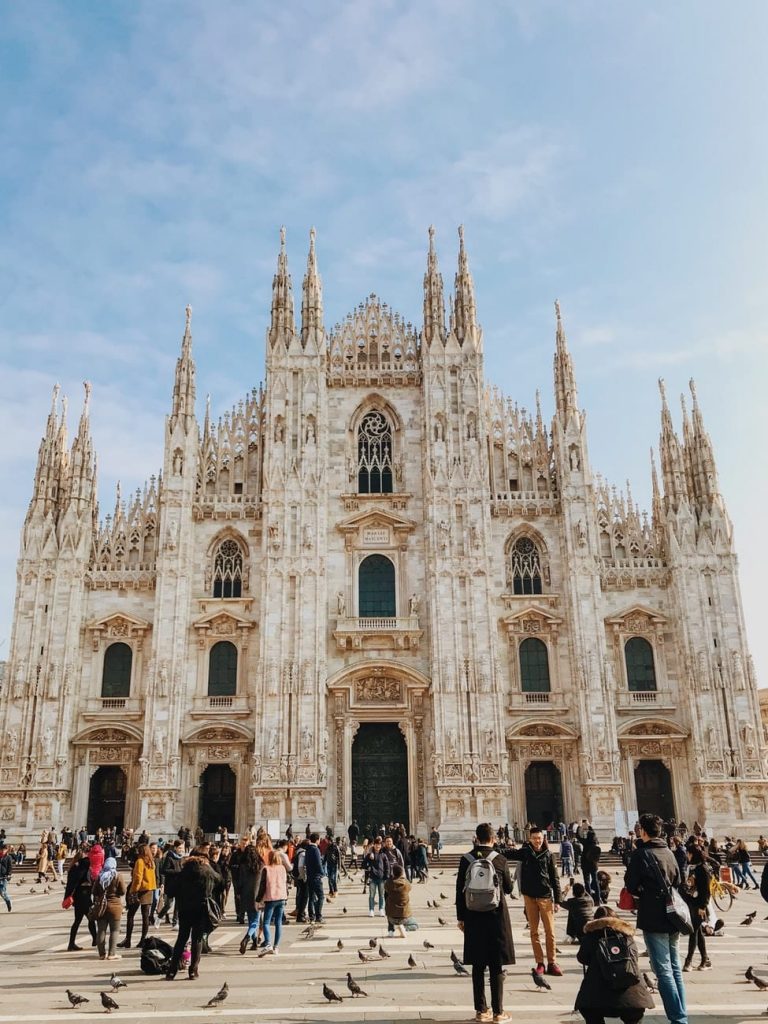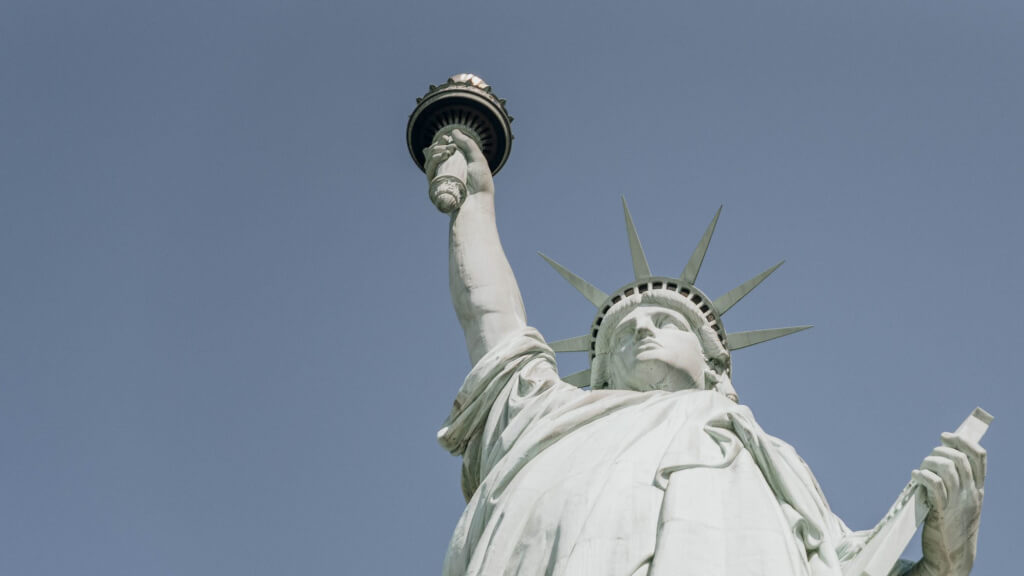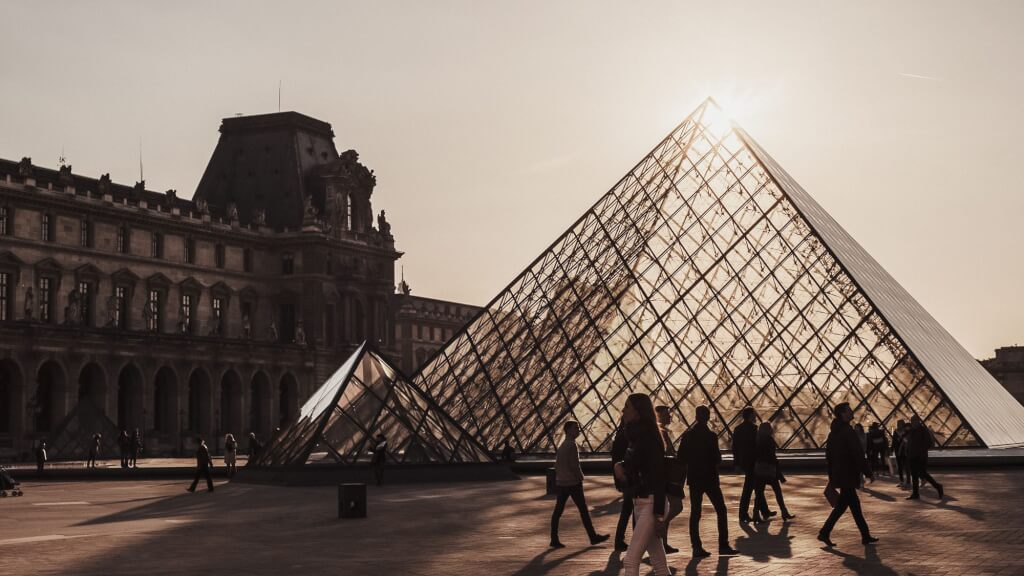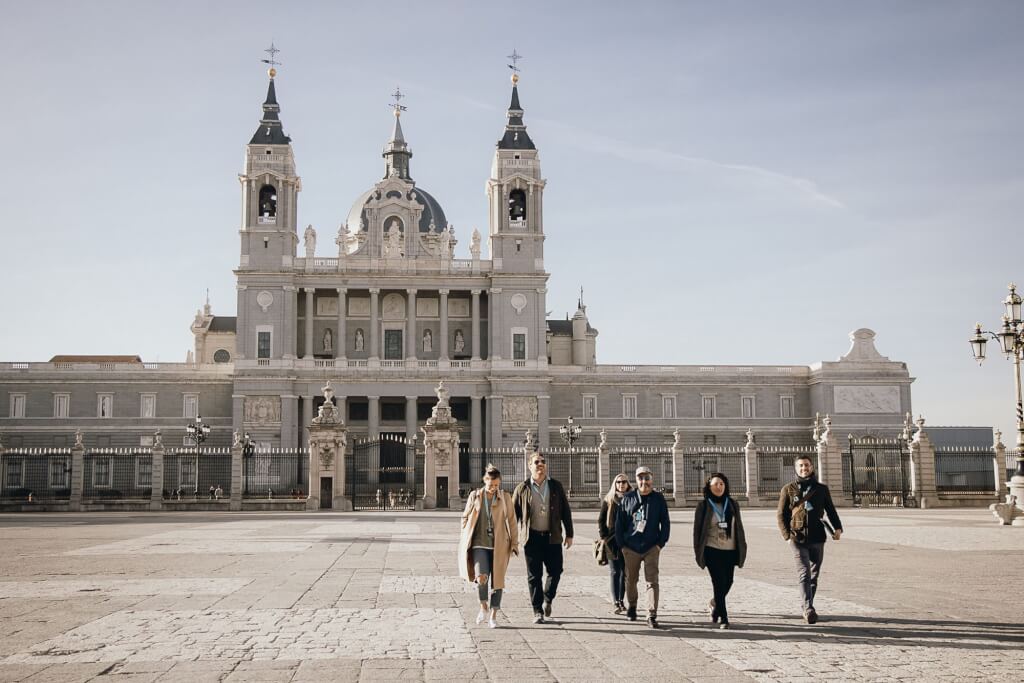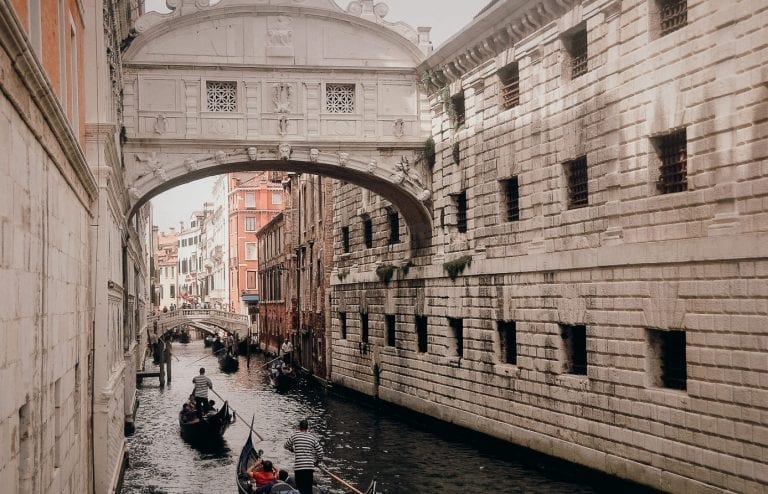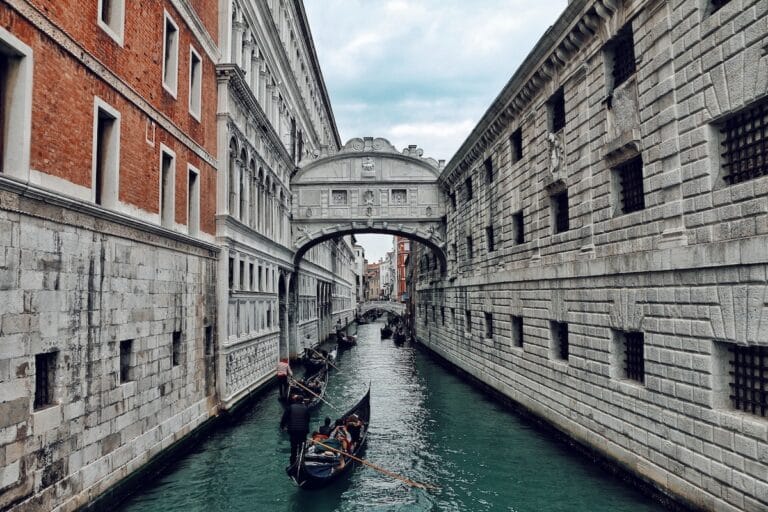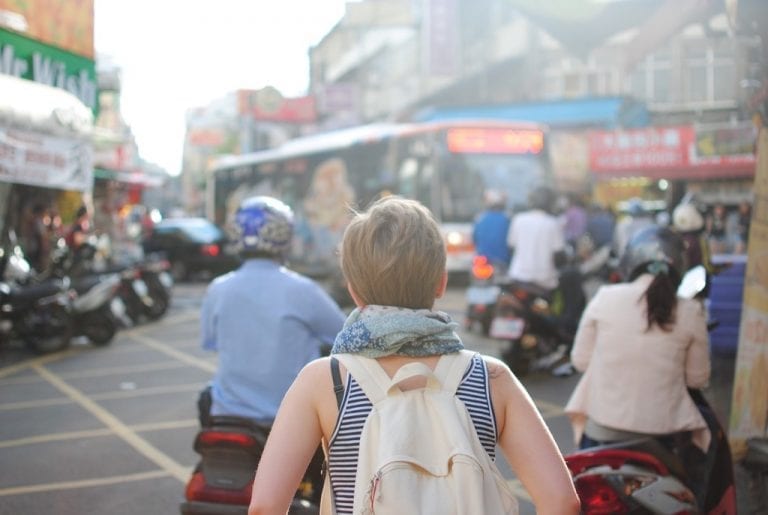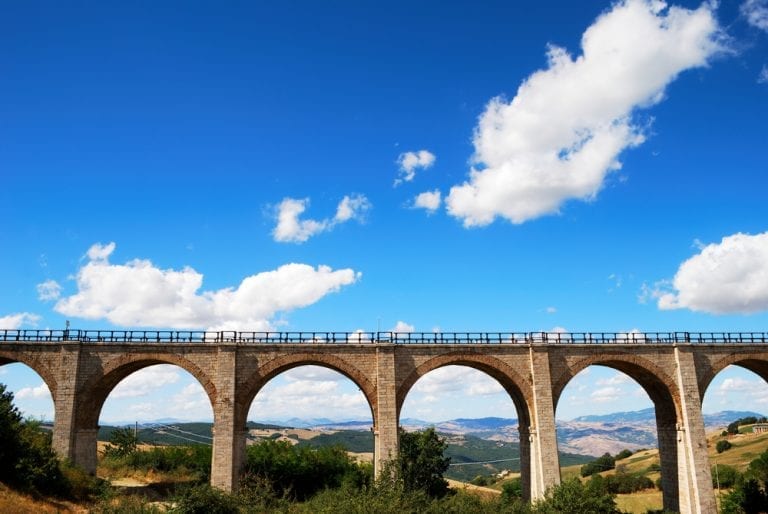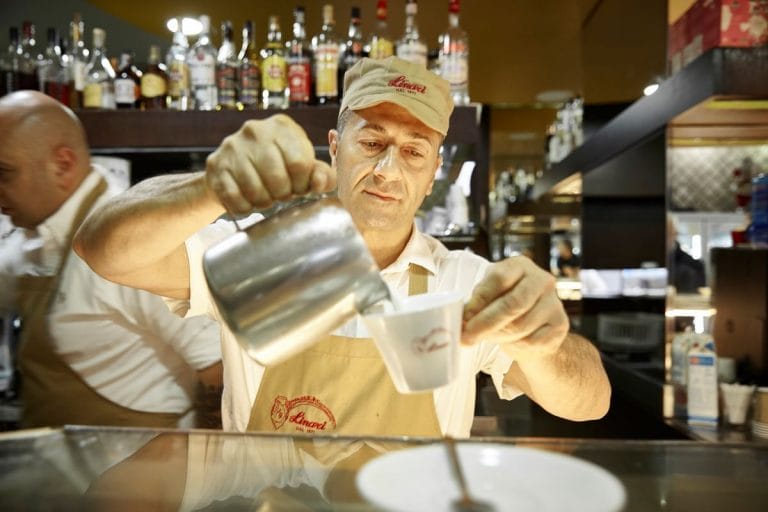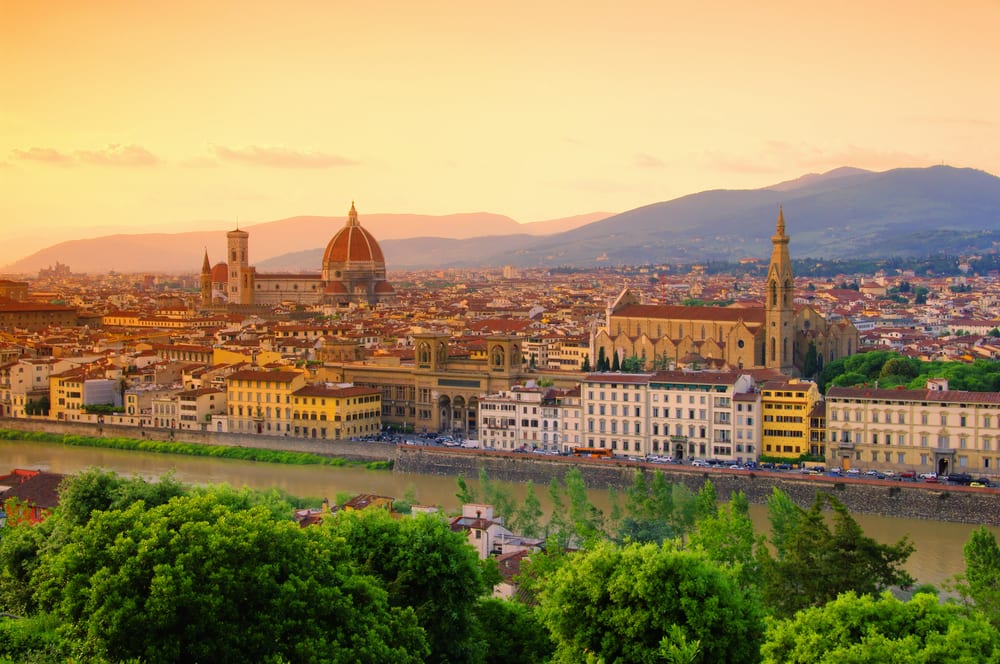
Italian Words and Phrases: The Most Useful Italian for Travelers
April 22, 2020
Learn just a handful of Italian words and phrases… and you can transform your trip to Italy! That’s because, while English is common in Italy’s larger cities and tourist destinations (including hotspots like Florence, Rome, Venice, and the Amalfi coast), it’s not as widely spoken in Italy’s smaller towns and countryside.
So to experience off-the-beaten-path Italy, a little Italian goes a long way! (And don’t worry about practicing on locals; Italians tend to be friendly and patient with foreigners).
Have no idea where to start? Here’s help, including some of the most useful Italian words and phrases you’ll love having on hand!
Table of Contents
ToggleA quick word on Italian pronunciations
Even if you don’t learn a single Italian phrase, knowing how to pronounce the language can be a big help – if only to, say, order items off a menu, tell a taxi driver your hotel address or ask a local what the next metro stop is… and be understood!
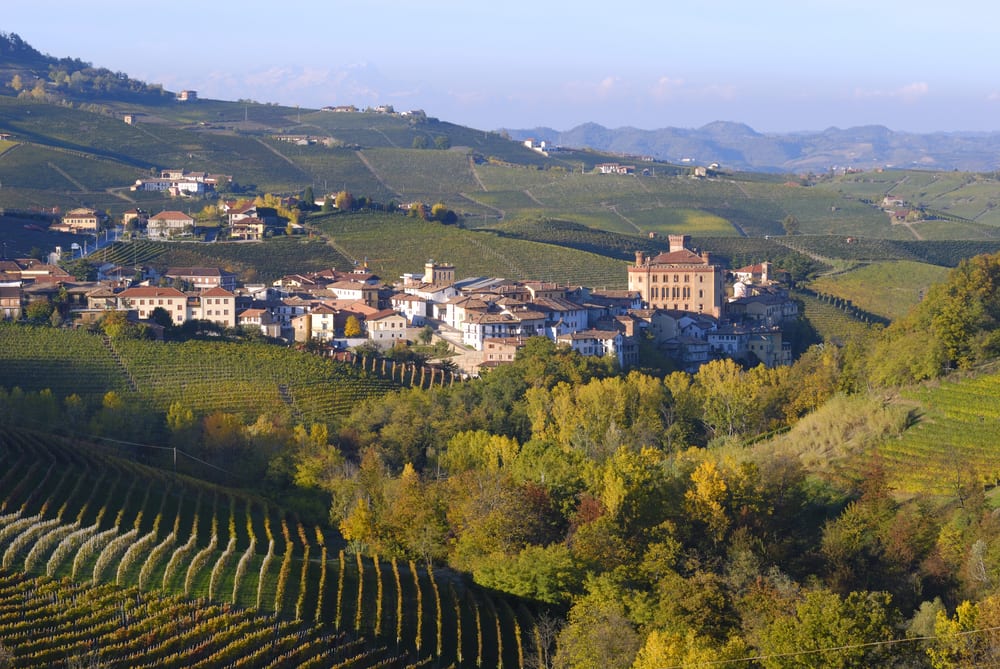
In more off-the-beaten-path towns, it’s useful to know some Italian words and phrases before visiting.
Italian words can be rather long (and poetic!), but here’s a helpful tip for pronouncing them: most of the time, stress falls on the second-to-last syllable. (So “Venezia” is “Ve-NE-zia”; “castello” is “cas-TELL-o”).
Vowels show up a lot in lyrical Italian. So just remember that “a” is pronounced like the a in father, “i” like the “ee” in greet, and “u” like the u in rule. The vowels “e” and “o” can be open or closed, depending on the word.
Meanwhile, many consonants sound like their English equivalent. The most important exceptions: the letter “c” before “i” or “e” is pronounced like a “ch,” “g” before an “i” or “e” is pronounced like the g in “general,” “h” is always silent, “r” is almost always rolled and “z” is pronounced like the “ds” in “lads” at the beginning of the sentence, and like the “ts” in sets in all other cases.
Double consonants can be a bit tricky, but here are some rules to remember: “ch” sounds like the “c” in “car,” “gli” sounds like the “ll” in million, “gn” sounds like the “ny” in “canyon,” and “sc” sounds like the “sh” in “shush” before i and e, and like “sk” in “skip” in all other cases.
Got that? Great! Now, here’s a quick starter guide to essential Italian words and phrases… and, of course, you’ll now be able to pronounce them!
Common Italian greetings
Other common Italian phrases
Helpful words for getting around Italy
Numbers
Days of the week
Other popular Italian phrases
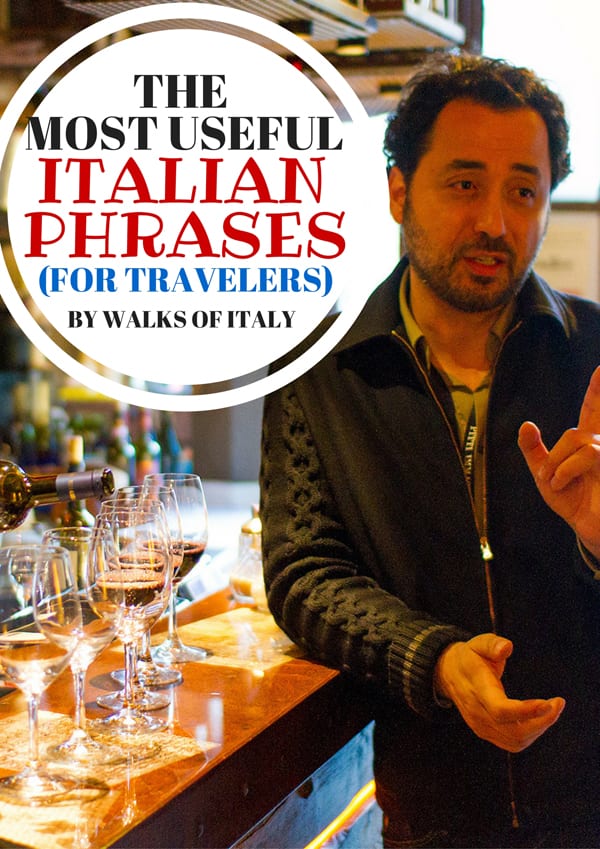
by Elena Ciprietti
View more by Elena Ciprietti ›Book a Tour
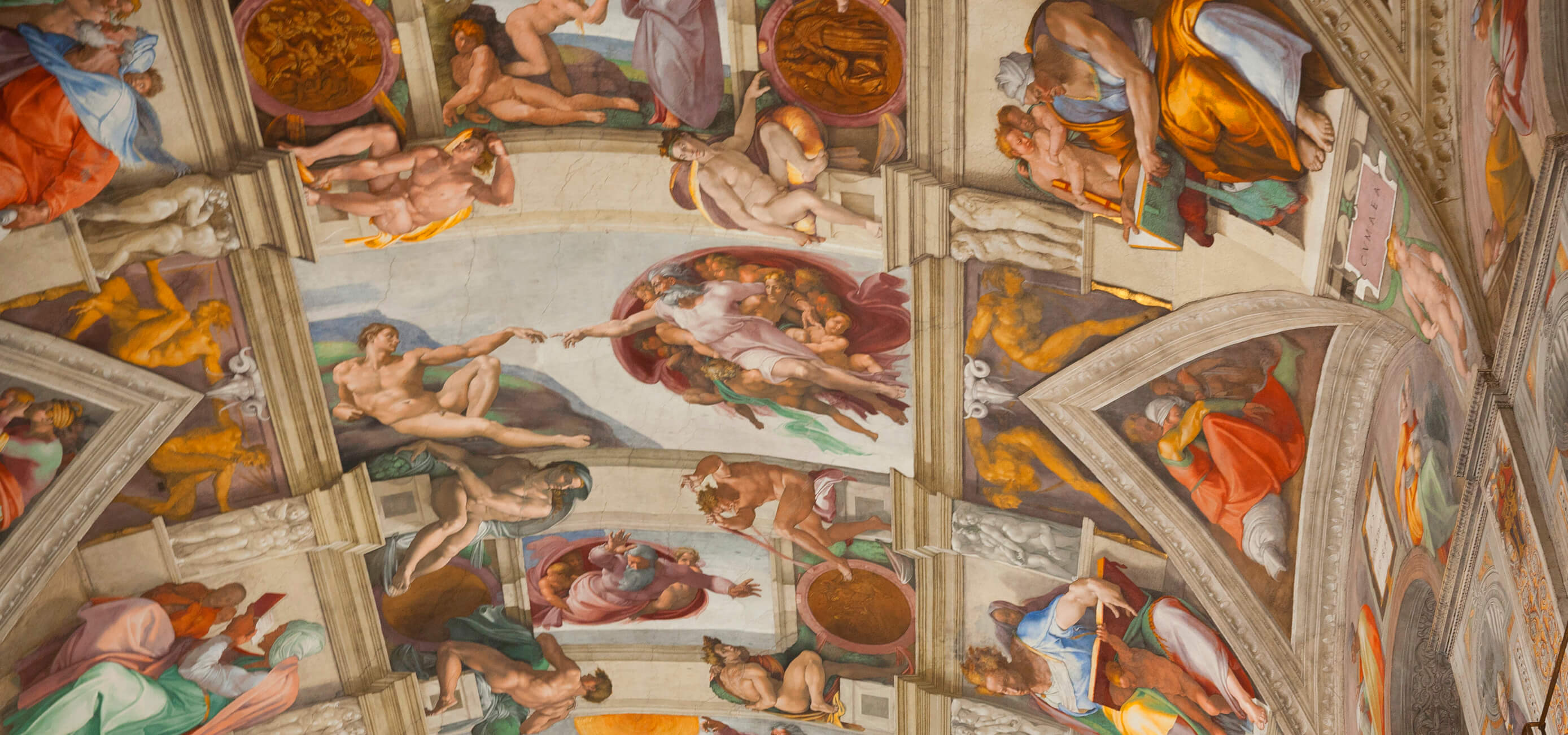
Pristine Sistine - The Chapel at its Best
€89
1794 reviews
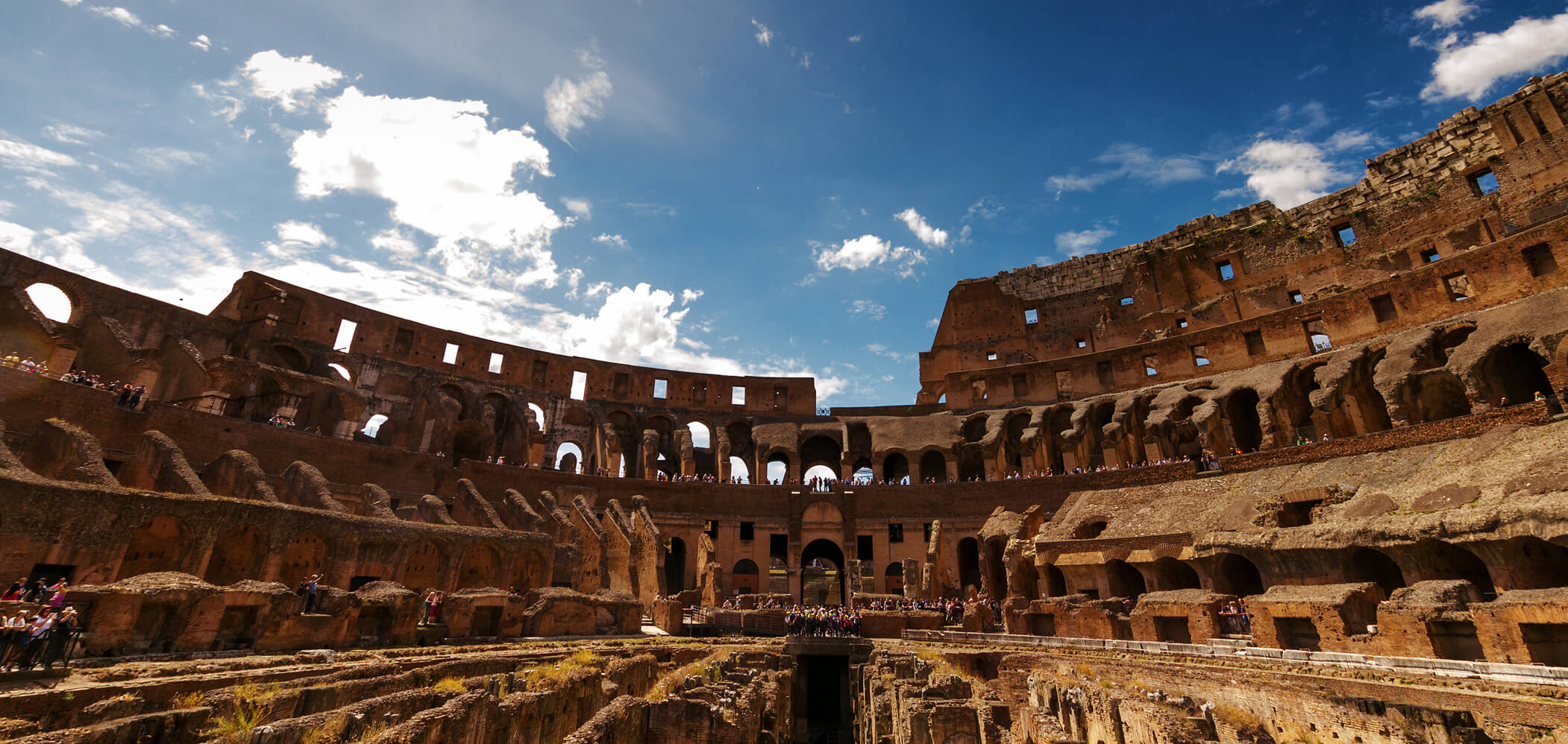
Premium Colosseum Tour with Roman Forum Palatine Hill
€56
850 reviews
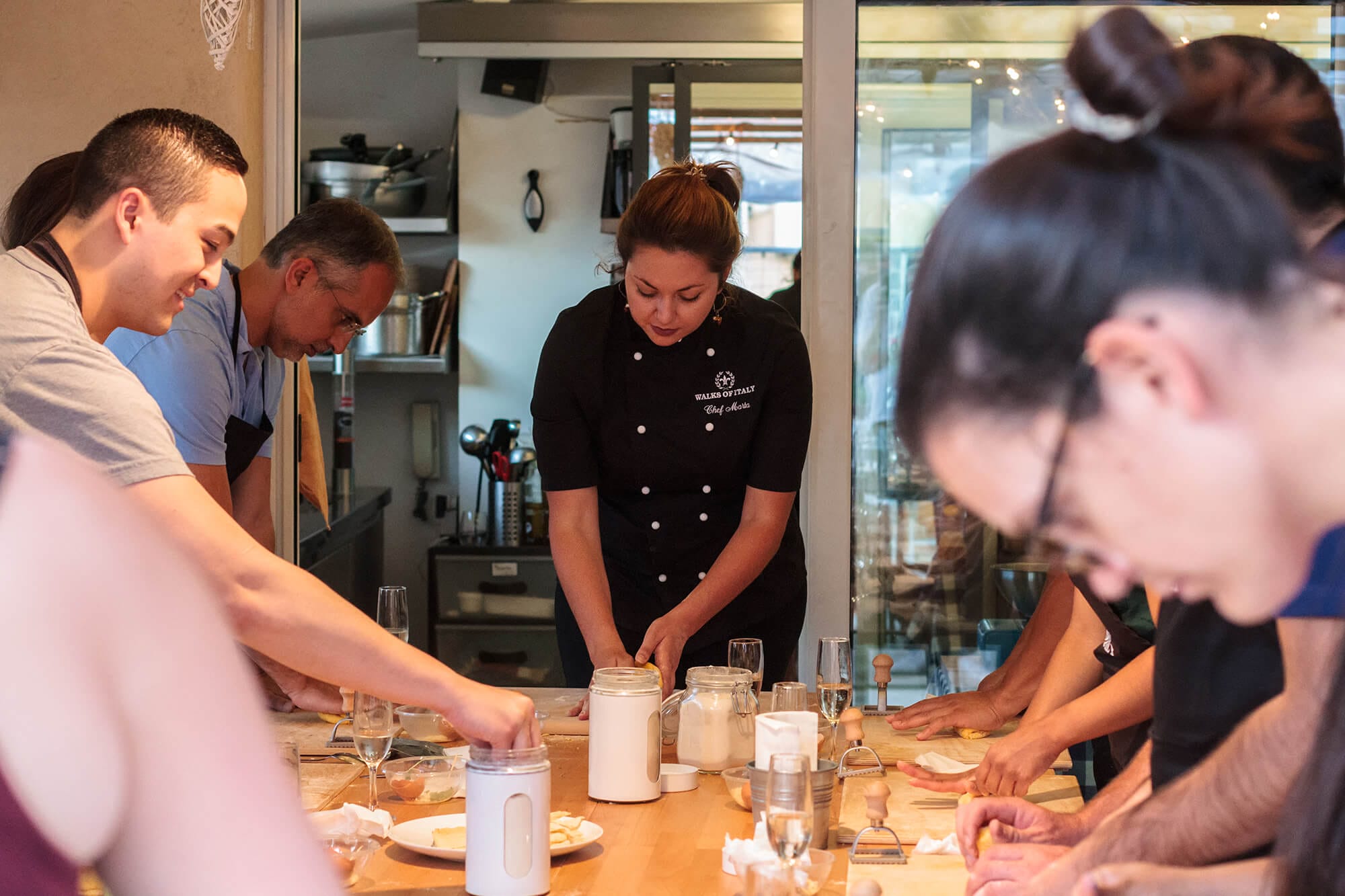
Pasta-Making Class: Cook, Dine Drink Wine with a Local Chef
€64
121 reviews
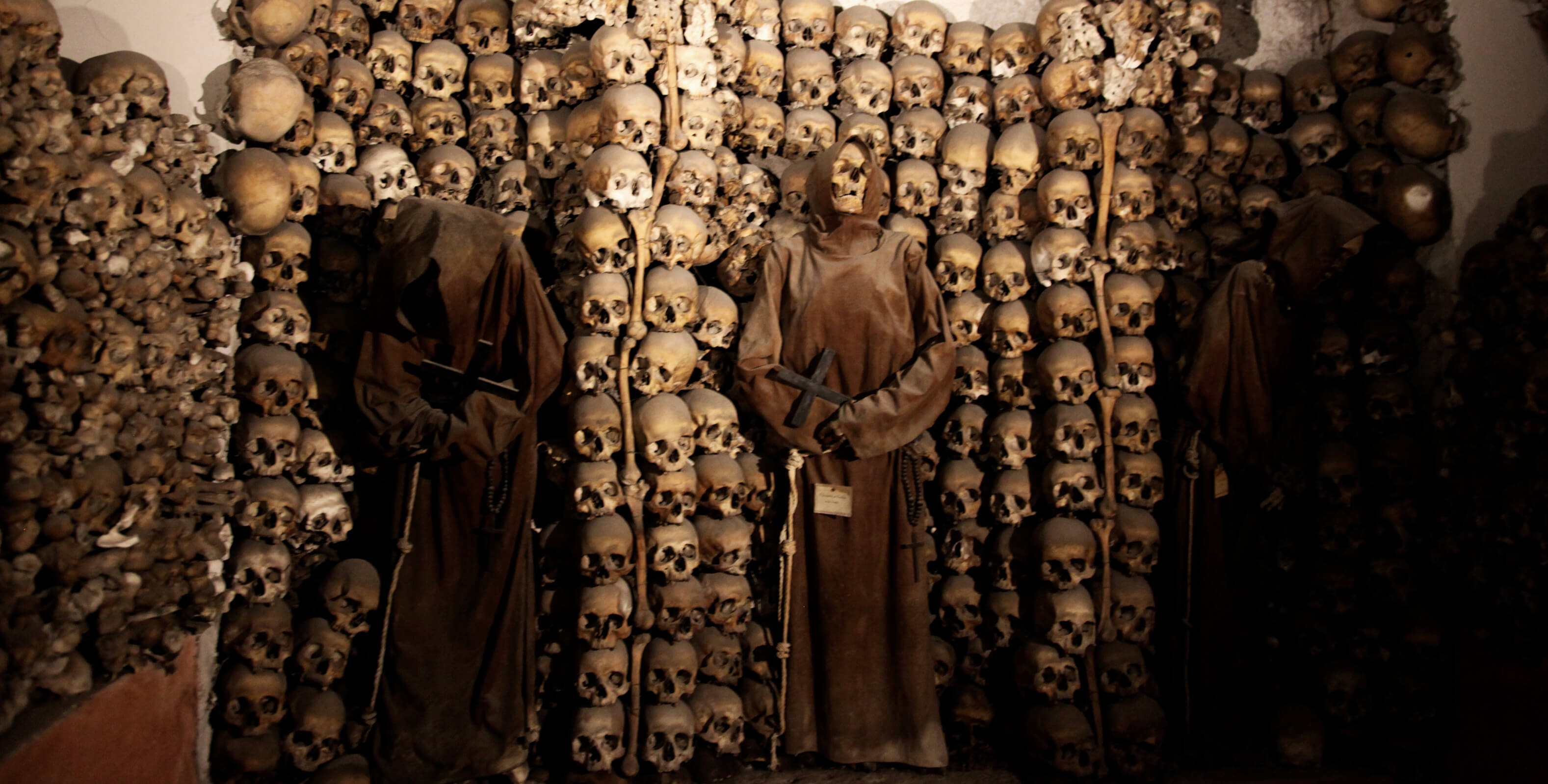
Crypts, Bones Catacombs: Underground Tour of Rome
€69
401 reviews
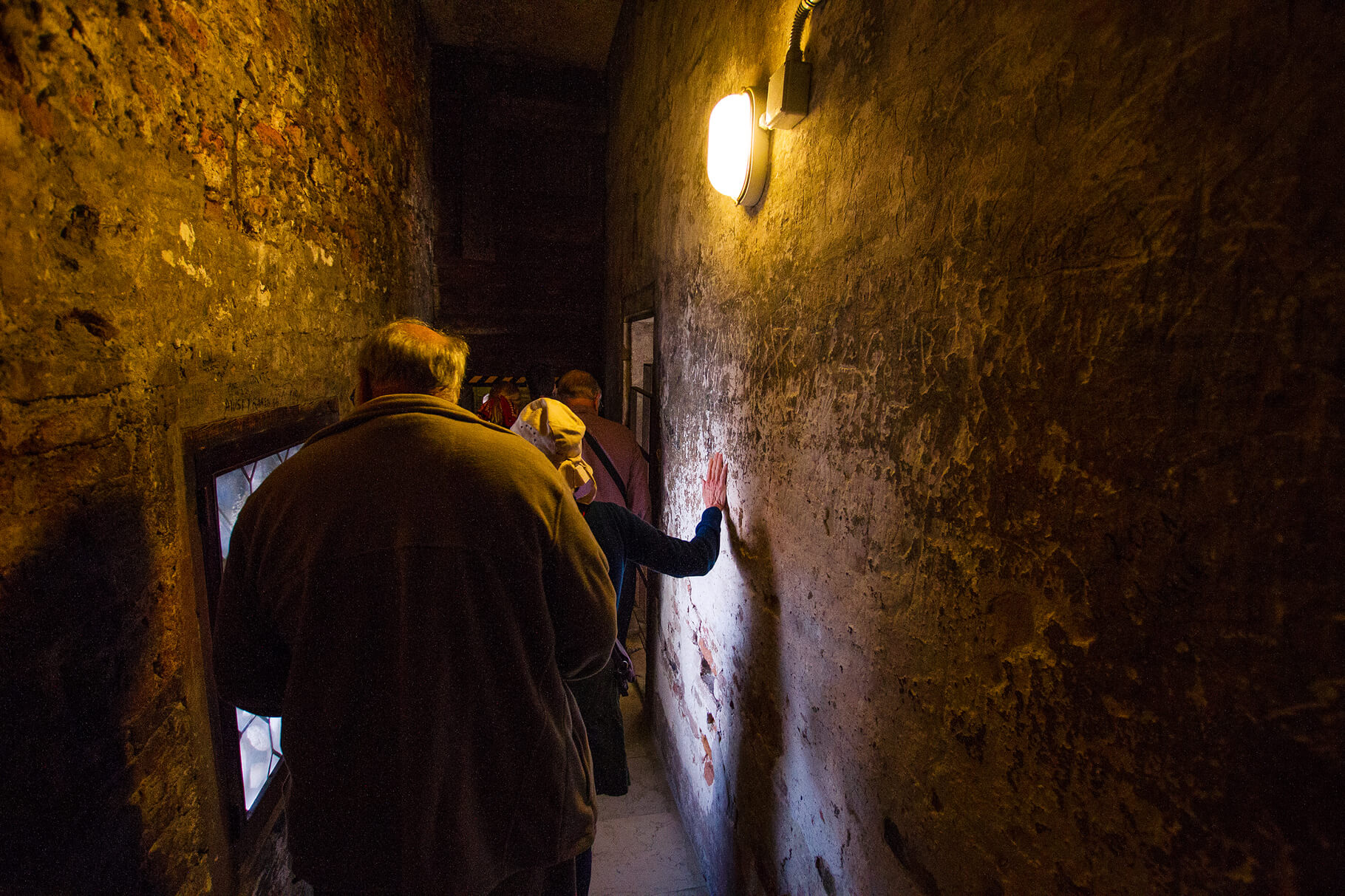
VIP Doge's Palace Secret Passages Tour
€79
18 reviews
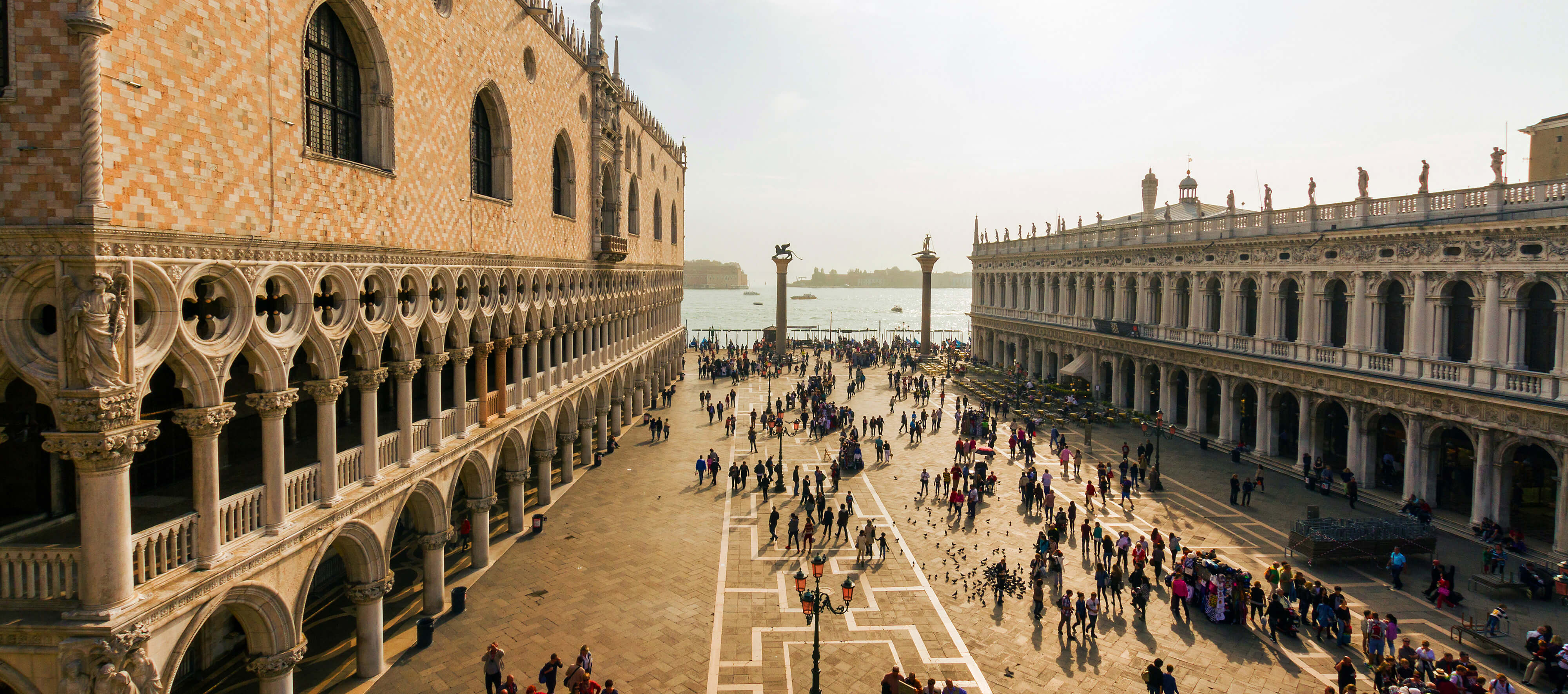
Legendary Venice: St. Mark's Basilica, Terrace Doge's Palace
€69
286 reviews




